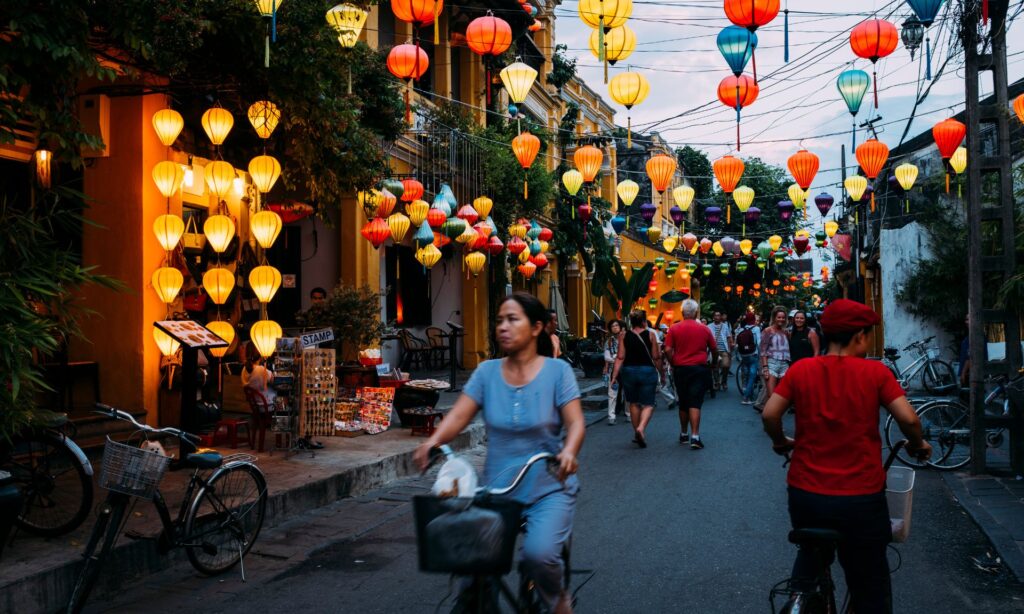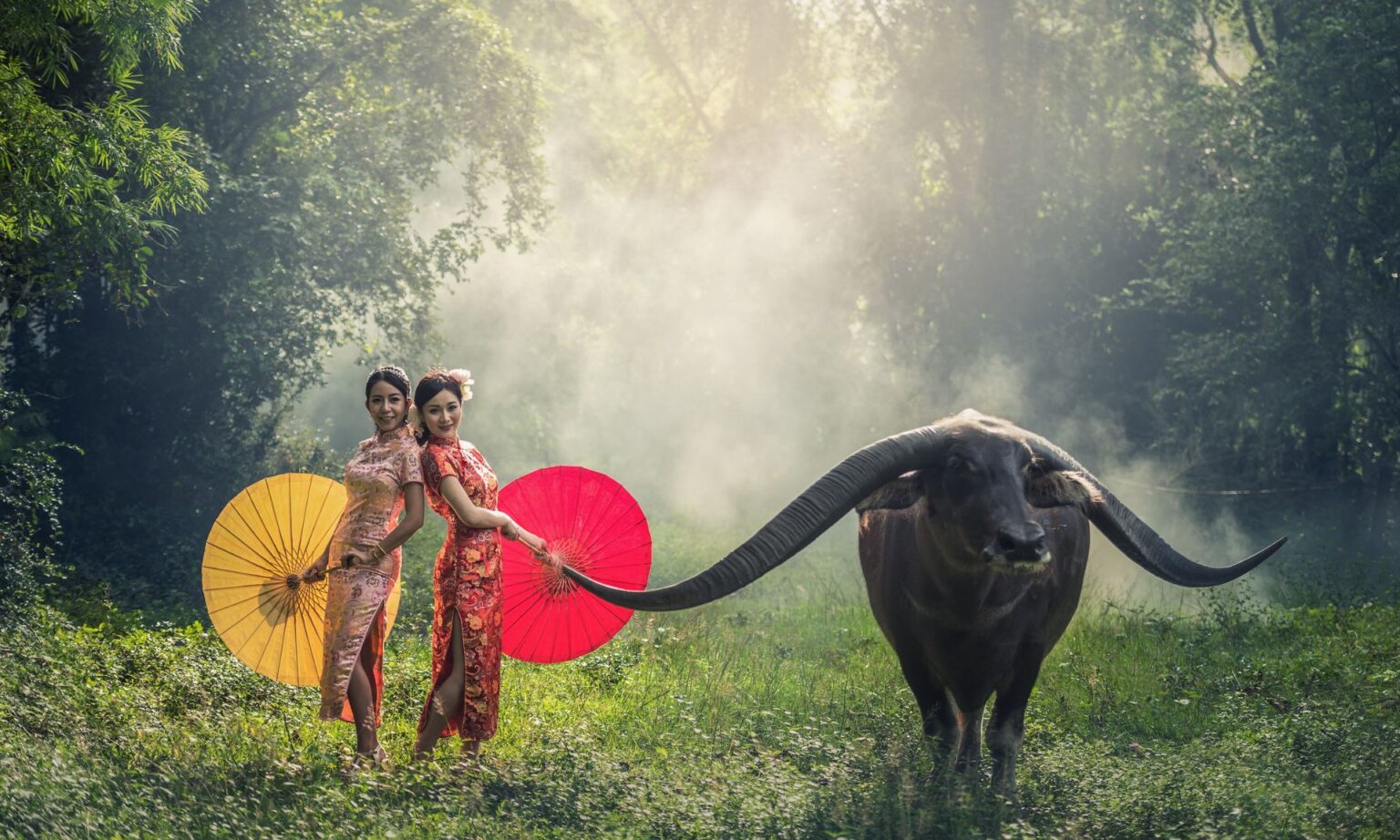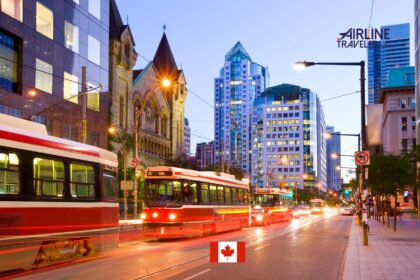Introduction
Vietnam, with its rich history, vibrant culture, and breathtaking landscapes, has become an increasingly popular destination for travelers from around the world. While the country offers diverse experiences, first-time visitors must prioritize safety during their exploration. This article aims to provide valuable insights and security tips to ensure a safe and enjoyable journey through Vietnam.
General Safety Tips

Research and Planning:
Before embarking on your journey, research the destinations you plan to visit. Familiarize yourself with local customs, traditions, and the political climate. This knowledge will help you make informed decisions during your travels.
Travel Insurance:
Purchase comprehensive travel insurance that covers medical emergencies, trip cancellations, and theft. This ensures you have financial protection in case of unforeseen circumstances.
Health Precautions:
Consult with a healthcare professional before your trip to ensure you are up-to-date on vaccinations and take any necessary health precautions. Carry a basic first aid kit with essential medications.
Stay Connected:
Keep your loved ones informed about your travel itinerary and stay connected through regular updates. Share your accommodation details and any changes to your plans for added security.
Money Matters:
Be cautious with your belongings, especially when handling cash and credit cards. Use secure ATMs, and consider using a money belt to keep important documents and valuables safe.
READ ALSO: Top 5 Budget-Friendly Vietnam Destinations for the Thrifty Traveler
Specific Safety Tips for Vietnam

Traffic Awareness:
Vietnam is known for its bustling streets, and traffic can be chaotic. Exercise caution when crossing roads, use designated crosswalks, and be aware of your surroundings. Consider using reputable transportation services.
Street Food Hygiene:
Embrace the local culinary scene, but choose street food vendors with good hygiene practices. Opt for places with a high turnover of customers, as this often indicates fresh and safe food.
Beware of Scams:
While most Vietnamese people are friendly and welcoming, be cautious of scams targeting tourists. Common scams include overcharging for goods or services, fake taxis, and misleading tour operators. Research reputable vendors and use trusted transportation options.
Cultural Sensitivity:
Respect local customs and traditions. Dress modestly when visiting religious sites, and be mindful of cultural nuances to avoid unintentional disrespect.
Emergency Contact Information:
Save local emergency numbers, including the contact details of your country’s embassy or consulate in Vietnam. This information can be crucial in case of emergencies.
Vietnam is a captivating destination with much to offer, and with proper precautions, your visit can be both safe and rewarding. By staying informed, exercising vigilance, and respecting the local culture, you can make the most of your trip and create lasting memories in this beautiful and diverse country.
Frequently Asked Questions about Vietnam Travel Safety Guide
1. Is Vietnam a safe country for tourists?
Yes, Vietnam is generally considered a safe destination for tourists. However, like any other country, it’s important to exercise caution and be aware of your surroundings. Following basic safety tips can help ensure a smooth and secure travel experience.
2. What are the main safety concerns for travelers in Vietnam?
Common safety concerns in Vietnam include traffic-related issues, petty theft, and the potential for scams targeting tourists. Staying vigilant, especially in crowded areas, and being cautious with your belongings can help mitigate these concerns.
3. How is the traffic in Vietnam, and what precautions should be taken?
Traffic in Vietnam, particularly in cities, can be chaotic. Exercise caution when crossing streets, use designated crosswalks, and consider using reputable transportation services. Be aware of local traffic rules and customs to navigate safely.
4. Is it safe to eat street food in Vietnam?
Yes, street food is an integral part of Vietnamese culture, and many tourists enjoy trying local dishes. To ensure safety, choose vendors with good hygiene practices, opt for busy establishments, and avoid raw or undercooked food. Following these guidelines can help you enjoy the delicious flavors of Vietnamese street cuisine safely.
5. How can I protect my belongings from theft?
To protect your belongings from theft, use a money belt or neck pouch to secure important documents and valuables. Be cautious when handling cash and credit cards, and avoid displaying expensive items in public. Stay alert in crowded places and use lockable luggage for additional security.
6. Are there specific health precautions I should take before traveling to Vietnam?
Before traveling to Vietnam, consult with a healthcare professional to ensure you have the necessary vaccinations and health precautions. Carry a basic first aid kit and be cautious about food and water hygiene to prevent common travel-related illnesses.
7. What should I do in case of an emergency in Vietnam?
Save local emergency numbers in your phone and familiarize yourself with the location of your country’s embassy or consulate. In an emergency, contact local authorities and seek assistance from your embassy if needed.
8. How can I avoid falling victim to common scams in Vietnam?
To avoid common scams, research reputable vendors and use trusted transportation options. Be wary of overcharging for goods or services, fake taxis, and misleading tour operators. Stay informed about common scams targeting tourists and stay vigilant in popular tourist areas.
9. Is it necessary to purchase travel insurance for Vietnam?
While not mandatory, it is highly recommended to purchase comprehensive travel insurance that covers medical emergencies, trip cancellations, and theft. This provides financial protection and peace of mind in case of unforeseen circumstances.
10. What cultural sensitivities should I be aware of when traveling in Vietnam?
Respect local customs and traditions, especially when visiting religious sites. Dress modestly in such places and be mindful of cultural nuances to avoid unintentional disrespect. Showing appreciation for the local culture enhances the overall travel experience.
Conclusion
In conclusion, Vietnam stands as an enchanting destination for travelers, offering a tapestry of culture, history, and natural beauty. While the country generally provides a safe and rewarding experience, it is crucial for visitors, especially first-timers, to prioritize safety and be aware of potential challenges.
By adhering to general safety tips, such as staying informed about the local environment, safeguarding personal belongings, and practicing traffic awareness, travelers can navigate Vietnam with confidence. The allure of Vietnamese street food, vibrant markets, and historical landmarks can be enjoyed safely by exercising caution and being mindful of health precautions.
Cultural sensitivity plays a significant role in fostering positive interactions with locals. Respecting traditions, dressing appropriately at religious sites, and embracing local customs contribute to a more enriching travel experience.
Travelers should plan, secure travel insurance, and stay connected with loved ones throughout their journey. Awareness of emergency contact information, both local and embassy details, ensures preparedness in case of unexpected situations.
In essence, Vietnam invites exploration and discovery, and with the right precautions, travelers can create lasting memories while immersing themselves in the country’s diverse and captivating offerings. Safe travels and may your Vietnamese adventure be filled with joy, cultural enrichment, and unforgettable experiences.
In another related article, Exploring Vietnam on a Budget: Is it a Cheap Travel Destination?






